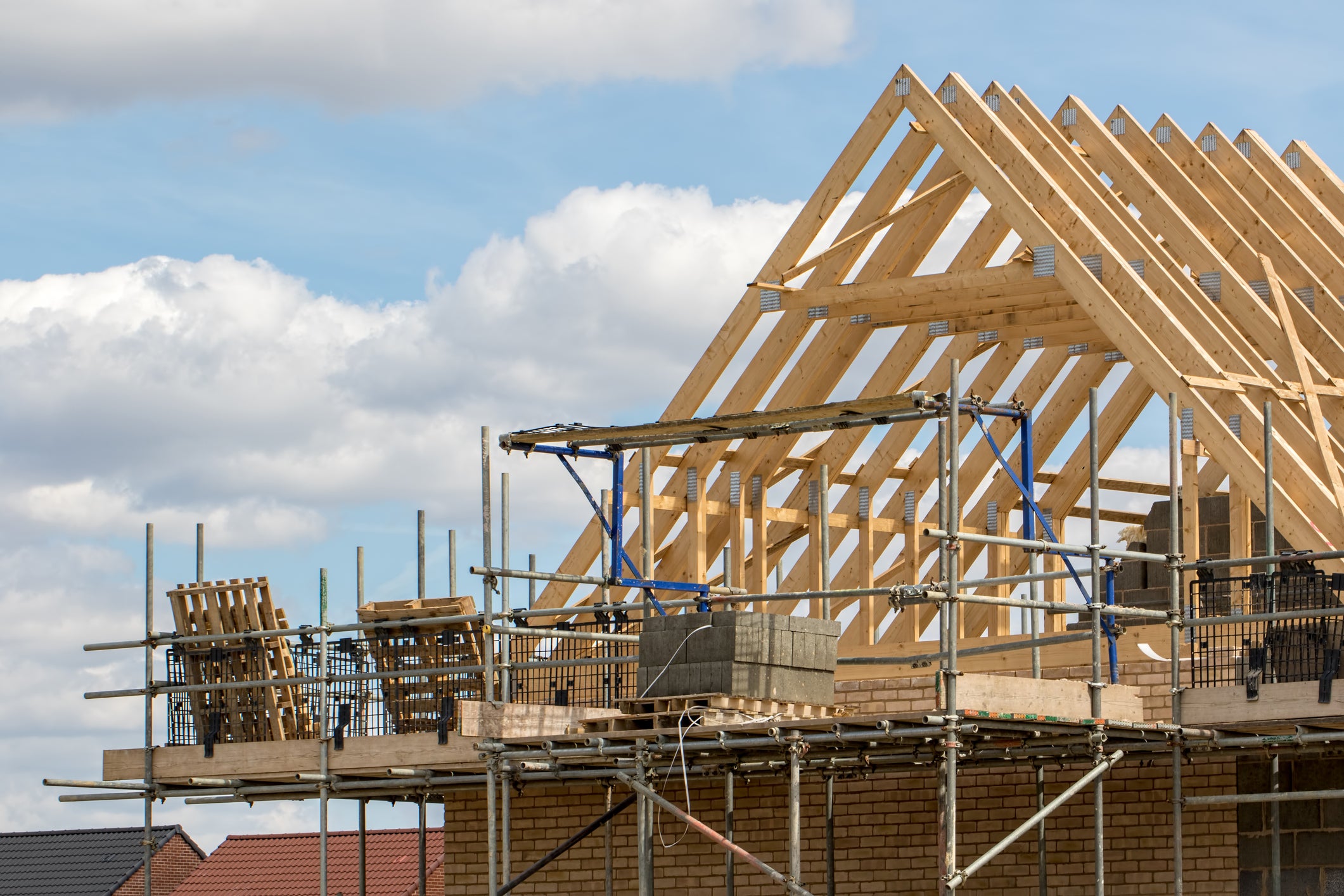Labour launches push to block government’s housebuilding reforms
Opposition says residents should be able to object to ‘oversized developments in quiet residential neighbourhoods’

Your support helps us to tell the story
From reproductive rights to climate change to Big Tech, The Independent is on the ground when the story is developing. Whether it's investigating the financials of Elon Musk's pro-Trump PAC or producing our latest documentary, 'The A Word', which shines a light on the American women fighting for reproductive rights, we know how important it is to parse out the facts from the messaging.
At such a critical moment in US history, we need reporters on the ground. Your donation allows us to keep sending journalists to speak to both sides of the story.
The Independent is trusted by Americans across the entire political spectrum. And unlike many other quality news outlets, we choose not to lock Americans out of our reporting and analysis with paywalls. We believe quality journalism should be available to everyone, paid for by those who can afford it.
Your support makes all the difference.Labour has called a debate in parliament on the government’s planning reforms that were a factor in the Tories surprise by-election defeat in Chesham and Amersham.
The opposition says the plans to deregulate the planning system will see developers "set loose to bulldoze and concrete over neighbourhoods and green spaces".
It comes after the Tories were defeated in a parliamentary by-election in Buckinghamshire on the back of a campaign by the Liberal Democrats that opposed the planning reforms.
Many residents of Amersham and Chesham, which had been Tory since the constituency’s creation, objected to plans to build homes near the towns' two London Underground stations.
Keir Starmer’s party, which won around two per cent of the vote at the by-election, is now pushing at Westminster to capitalise on Tory backbench opposition to the reforms.
Many Conservative MPs, including the former prime minister, Theresa May, have already spoken out against the proposals included in the government’s white paper, which are yet to be turned into legislation.
In a parliamentary debate on Monday Labour will argue that local residents should be able to object to “oversized developments in quiet residential neighbourhoods” and stop developers building on green spaces.
“The Conservatives are selling out communities to pay back the developers who increasingly bankroll their party,” said Steve Reed, Labour’s shadow communities secretary.
“Good development can only happen when developers and communities work together, but the Developers’ Charter will gag local residents from having their say. Developers will be set loose to bulldoze and concrete over neighbourhoods and green spaces at will.
“Voters have shown Conservative MPs what they think of the Developers’ Charter. Those MPs now have the chance to join Labour in voting to kill off these perverse reforms once and for all.”
Under the Conservative planning reforms certain parts of the country would be designated “growth” areas. In these places, any planning application confirming to agreed local plans would automatically given initial permission.
Other areas would be split into “protected” places where development would largely be blocked, and “renewal” areas where local councils would have to generally look favourably on planning applications.
A new housing algorithm would also introduce binding local housebuilding quotas as a way of meeting the government's England-wide 300,000 homebuilding target.
The government says its reforms are necessary to meet England’s housing shortage. Demand for homes is estimated to be around 345,000 per year, with just 244,000 homes in 2019-20, around 1 per cent higher than the year before.
Labour says the fact over a million homes over the last decade have been given planning permission and never been built suggests the bottleneck is not due to the planning system.
Levels of private housing development have stayed relatively stable since the 1950s, when housing demand was being met. However since the early 1980s a vast fall in the construction of council homes has seen demand for homes far exceed supply.
Join our commenting forum
Join thought-provoking conversations, follow other Independent readers and see their replies
Comments